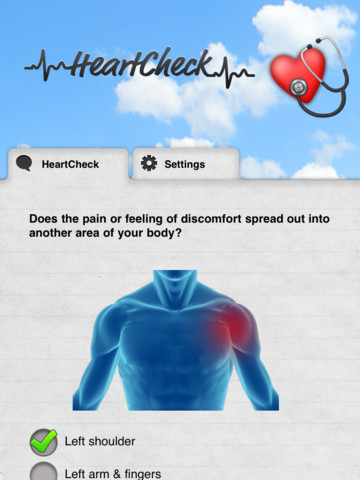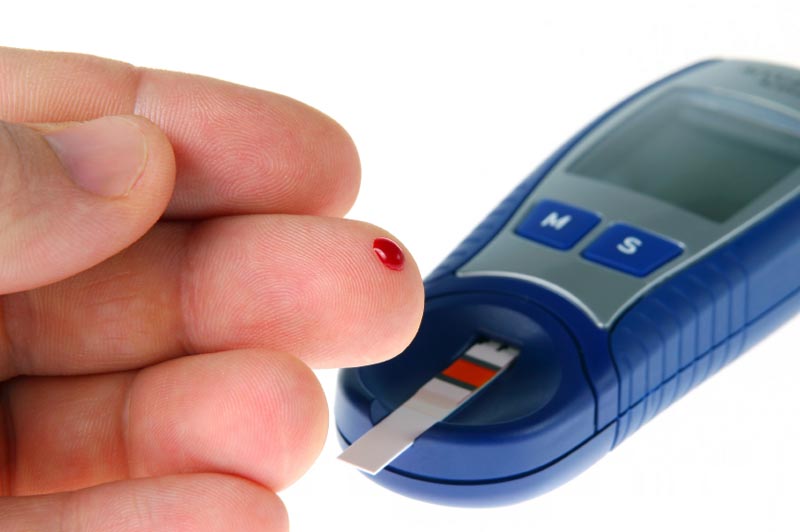

Researchers at the John Hopkins School of Medicine found that they could use data from Google Flu Trends (a free aggregator of relevant search terms) to predict surges in flu-related emergency room visits, a week before warnings came from the Centers for Disease Control and Prevention.

Twitter updates accurately tracked the spread of cholera in Haiti after the January 2010 earthquake. And, the updates surfaced two weeks earlier than official reports.
These are just two examples of how big data can be used to improve patient care, according to a report issued by the Institute for Health Technology Transformation. In fact, big data carries significant potential and could be leveraged to improve the quality and efficiency of health care delivery; detect diseases at earlier stages, when they can be treated most successfully; manage specific health populations and individuals; and detect health care fraud more quickly and efficiently, according to the report.
The report specifically outlines five types of big data that can be analyzed for health care purposes:

Biometric data, such as fingerprints, genetic information, X-rays and blood pressure readings
Human-generated data, such as electronic health records, physicians’ notes and emails
Machine-to-machine data, such as information from medical sensors, meters and other devices
Transaction data, such as medical claims and billing records
Data from websites and social media platforms
While off to an auspicious beginning, much more needs to be done to ensure that the health care industry fully leverages the value of big data, according to Transforming Health Care Through Big Data.
“It must be emphasized that the health care industry remains well within its infancy of leveraging big data for business and clinical use,” reads the report.
To best achieve positive outcomes from the use of big data, the report recommends that health care organizations:
Implement a carefully structured framework for data governance
Engage providers
Bake analytics into training
Create dashboards and other easy-to-use data analysis tools
Provide platforms that allow health care providers to chart their progress on certain metrics
Follow-through on making sustainable changes to health care structures and processes
Be a part of Elets Collaborative Initiatives. Join Us for Upcoming Events and explore business opportunities. Like us on Facebook , connect with us on LinkedIn and follow us on Twitter , Instagram.












